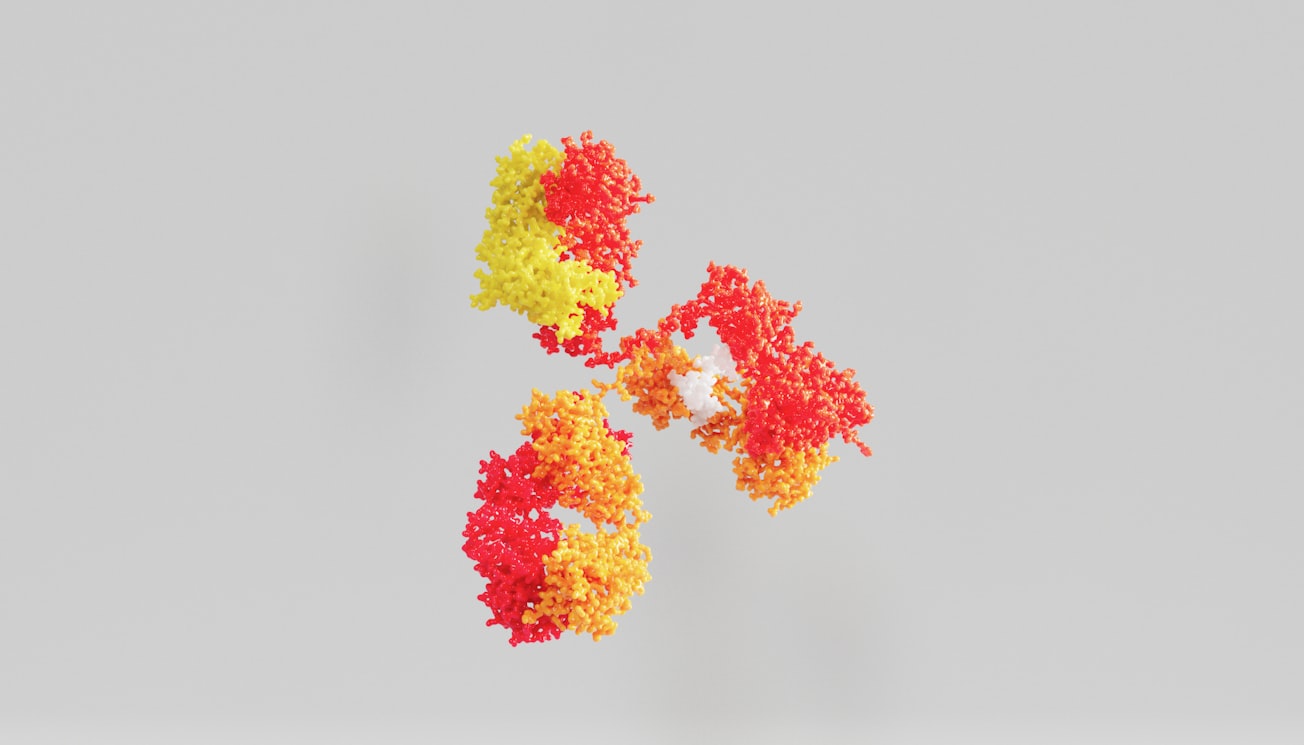What is it about?
Castration resistant prostate cancer (CRPC) is responsible for majority of the 35000 prostate cancer deaths in the US and is currently treated with androgen receptor (AR) antagonists. Sustained exposure of AR to various therapeutics results in the expression of truncated AR splice variants (AR-SV). AR-SV-positive CRPC is highly aggressive and leads to shorter overall survival. This paper describes the discovery of novel small molecule selective AR-irreversible covalent antagonists (SARICA) that bind to a region expressed in AR and AR-SV and irreversibly inhibit their function. These SARICAs provided an opportunity to obtain details of AR and AR-SV structure.
Featured Image

Photo by ANIRUDH on Unsplash
Why is it important?
SARICAs will provide an opportunity to treat advanced prostate cancer that expresses AR and AR-SVs. In addition, the manuscript shows that the N-terminus domain (NTD) is structurally disordered, forms molecular condensates, and that the condensates are important for its function. Disruption of the condensates with SARICAs leads to dissociation of interacting proteins and inhibition of AR and AR-SV function.
Read the Original
This page is a summary of: Inhibiting androgen receptor splice variants with cysteine-selective irreversible covalent inhibitors to treat prostate cancer, Proceedings of the National Academy of Sciences, December 2022, Proceedings of the National Academy of Sciences,
DOI: 10.1073/pnas.2211832120.
You can read the full text:
Contributors
The following have contributed to this page










